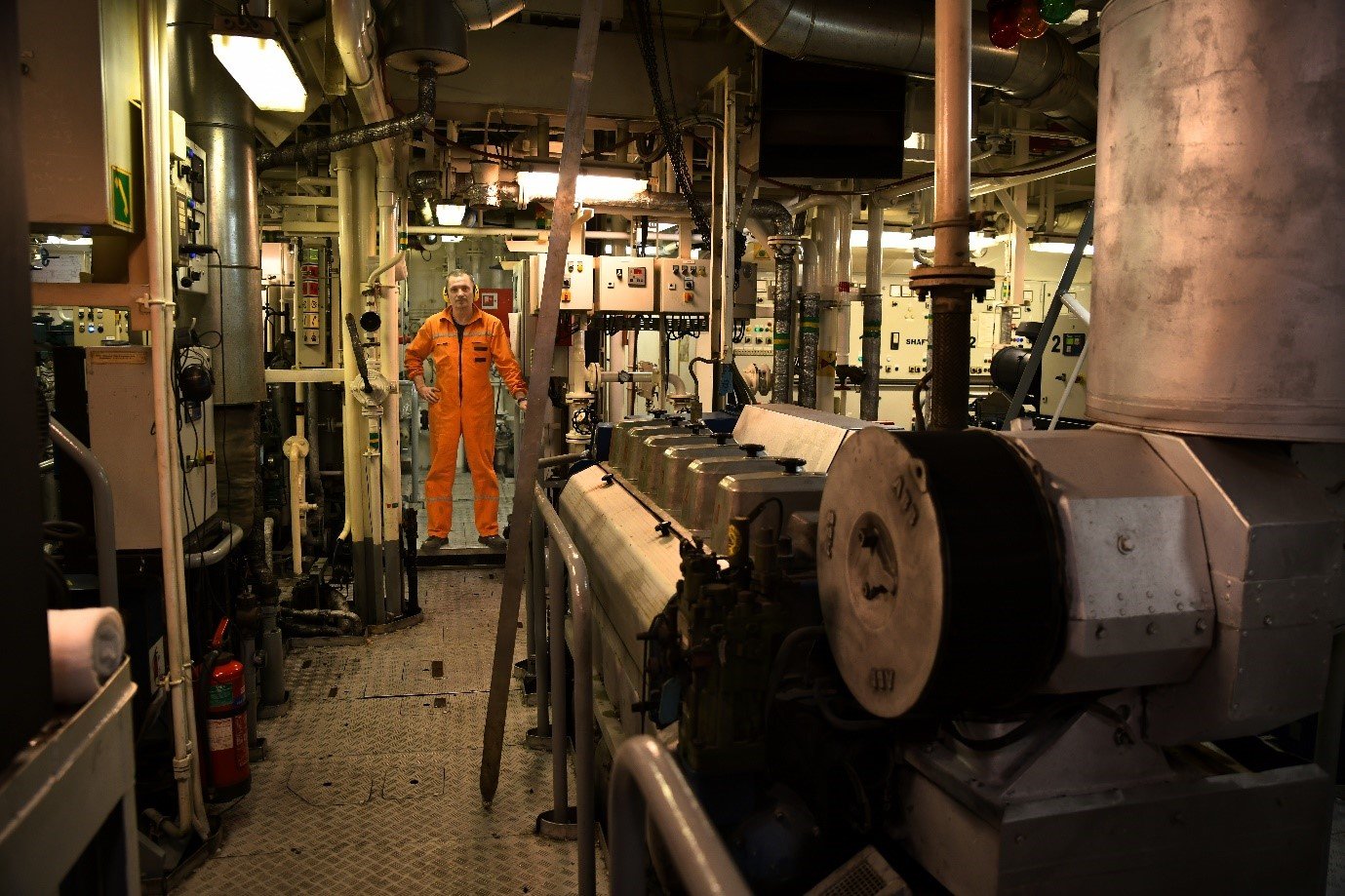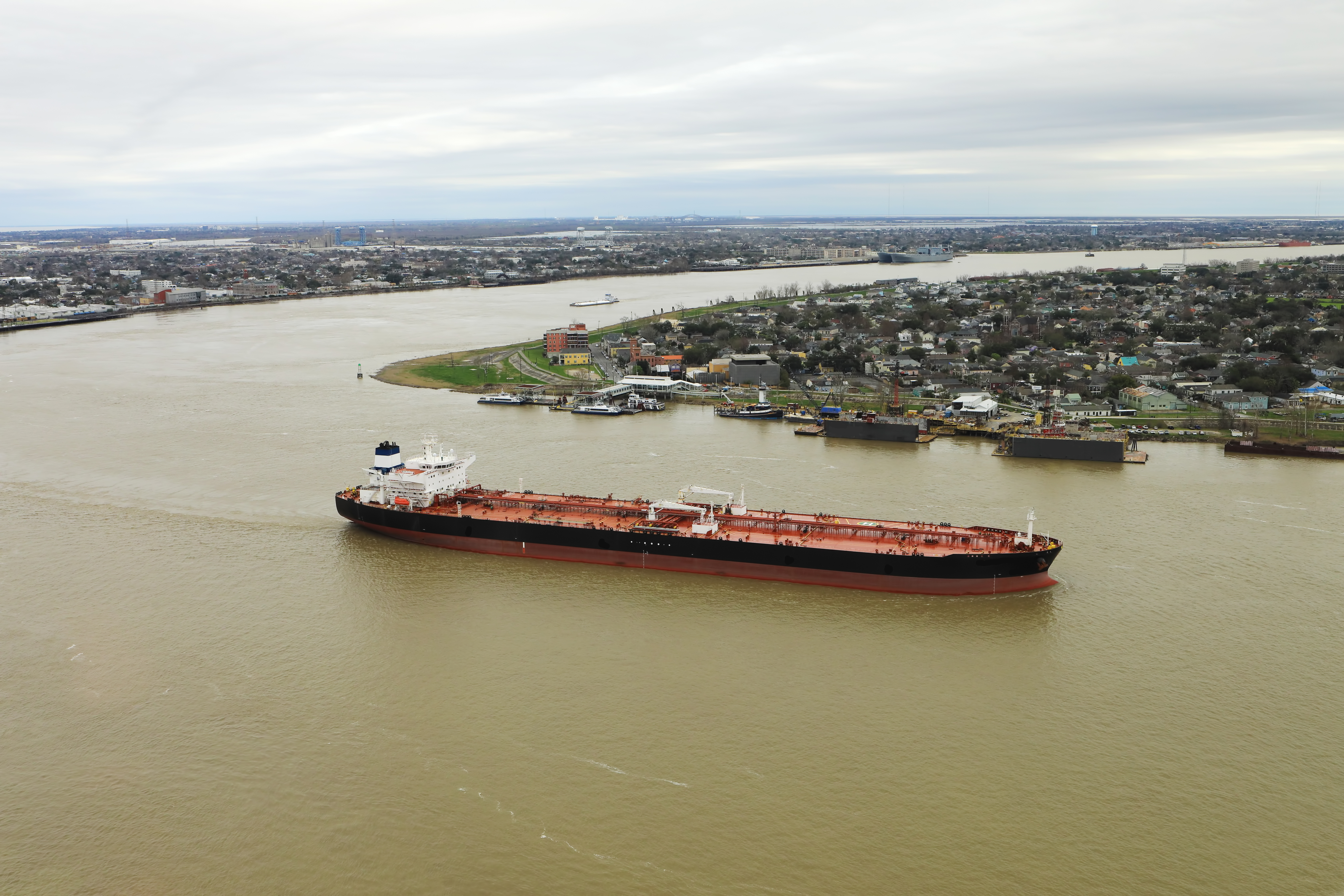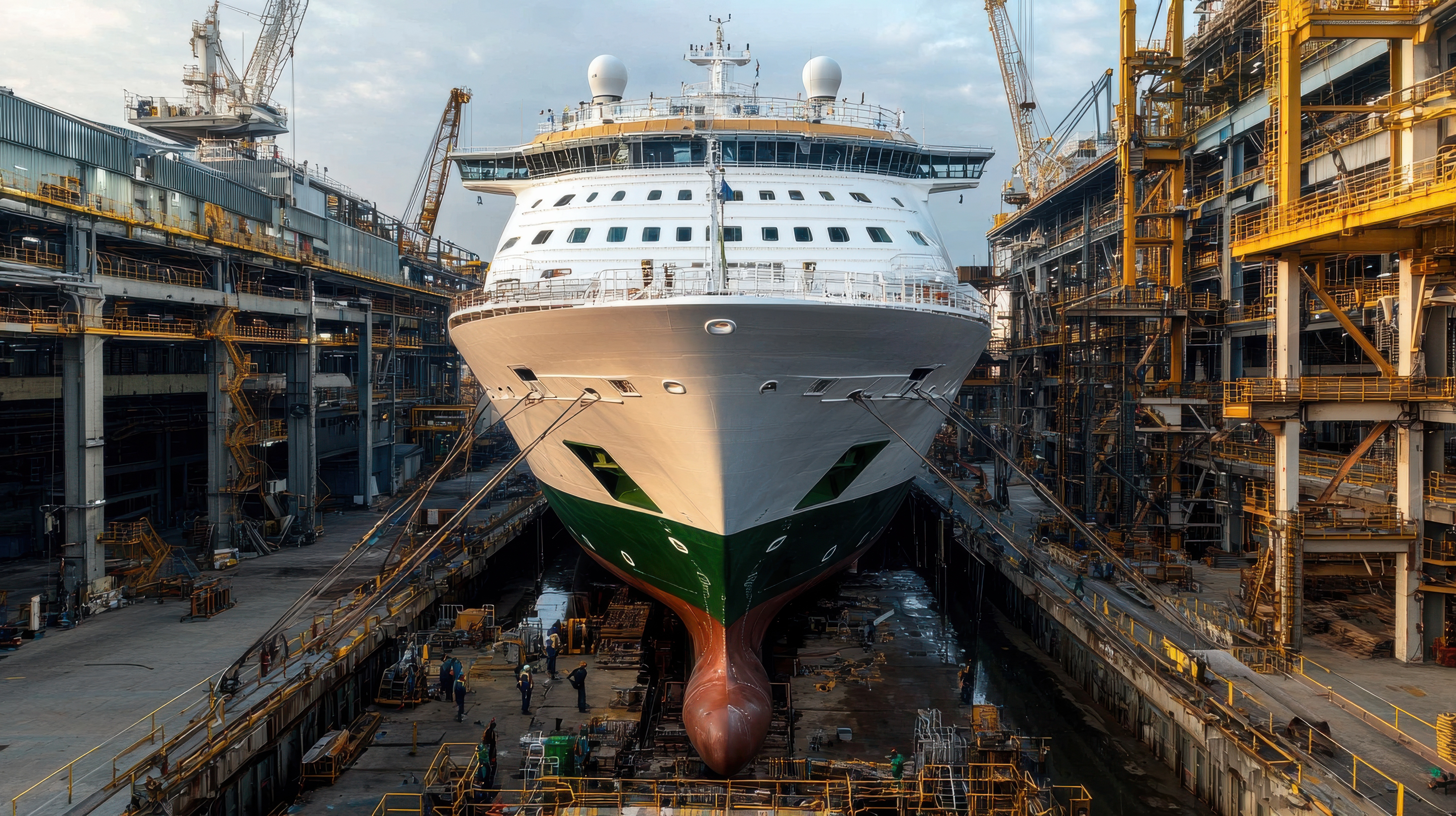
Serious injuries to crew show a pattern of repeating events, with our work on Incident Prevention showing that an appalling number result in life-changing injuries and loss of life. The fundamental causes are ineffectual leadership such as poor mindsets, attitudes and associated behaviours, and a lack of focus on wellbeing and care.
The UK P&I Club explores straightforward and cost-effective approaches Members can apply, to proactively and systematically monitor normal operations, to identify where and how the next incidents may occur, and to stop repeatable events that could and should have been eradicated.
Learning from Normal Work is not a new concept. The comparison between work as imagined and work as done dates back to the 90s in the aviation industry, where safety is in constant evolution. A major breakthrough in the ways safety was approached within cockpits was achieved by turning interest into what really happens at the front end. It started with safety audits and evolved into strategies for optimisation and safety improvement within the cockpit and active ways to create a strong safety culture, which led to concepts like cockpit resource management (CRM) and team resource management (TRM). After this, the threat and error management concept was developed and widely adopted by airlines. “Normal Operations Monitoring” started by questioning whether pilots really acted how they were trained, but quickly evolved into a process that was about understanding what really happened in a cockpit, and above all, why it happened.
The UK P&I Club identifies that Members strive to achieve zero incidents performance but most never manage to get there. It is widely recognised within the maritime industry that the introduction of the ISM Code and other standards did result in a decline in the incident rate in most organisations, but the rate plateaued and incidents still continue to occur. Shore-based managers are frustrated because they’re faced with repeat incidents, which leads them to question the effectiveness of the systems they’ve worked hard to implement. Leaders interested in moving their organisation up the safety culture ladder know they need to establish proactive values but are confused about what that looks like and how to implement it. Further, the average cost of claims continues to rise on an upwards trajectory over time.
Most of the time, operations are completed without a negative incident occurring. These are considered successful operations, where crew managed the available resources and dealt with pressures and restrictions in a flexible way, to get the job done. However, in many cases (sometimes routinely), the way the job is completed is not as described in the applicable procedures and risk assessments, i.e., work done (reality) is not the same as work imagined (procedures).
This is not surprising when we understand the many factors affecting personnel performance, such as latent failures, error-enforcing conditions, constraints, etc. Personnel deviate from norms and procedures, and adapt as they see necessary, according to the varying conditions. Further, many of the constraints they face are normally not considered in risk assessments because they don’t fit the standard definition of a hazard.
Unfortunately, repeat incidents do often occur – normally by surprise; due to an unexpected combination of normal but variable factors. Investigations will normally identify unsafe behaviours, but we see those same behaviours have normally been applied previously – intentionally - in order to manage constraints and get the job done. What we recognise here is that things go wrong for the same reasons they go right. Failure and success have the same causes.
Improving safety requires that we understand why, and how, for the vast majority of the time, things go right and do not result in incidents. This clear understanding of how a specific operation is executed by crew, as they deal with the constraints they experience, allows us to accurately identify where and how risk is being introduced or elevated.
A range of tools are available that are proven to be effective in enabling an organisation to systematically learn from normal work. Heralded by some as the rising of a new paradigm in safety management, it requires thinking about safety in a rather different way - fundamentally because our main focus is now turned to work that has not resulted in an incident, rather than the few jobs that went wrong and resulted in loss or harm.
Stay tuned – the UK P&I Club is collaborating with its expert partners to deliver an interactive webinar and training publications on new approaches to preventing incidents before they occur – understanding that failure and success have the same causes, in Q1 2023.





